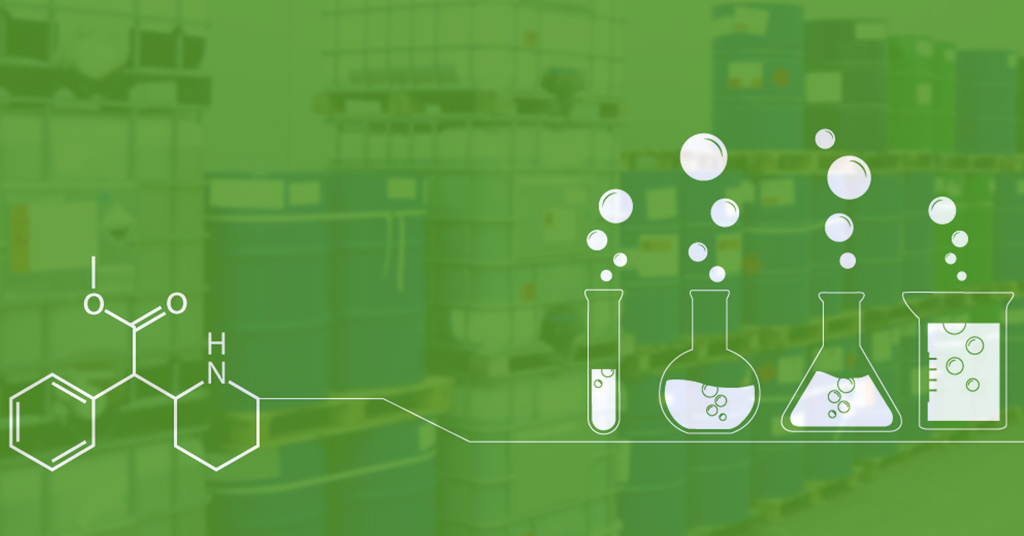Welcome To ChemAnalyst

With a goal to increase farmer income, revive the sugar industry, and attract investments worth Rs. 5000 crores in molasses/grain-based ethanol production capacity, the Tamil Nadu government unveiled its "TN Ethanol Blending Policy 2023". "To be self-sufficient and meet the estimated Ethanol blending requirement of 130 crore liters" is one of the goals for the policy's term. The national EBP program has set a target of 20 percent Ethanol blending in gasoline by 2025.
Given the fluctuations in crude prices, it is practical for pioneering States like Tamil Nadu to boost biofuel production within the State using original sources, which could somewhere insulate the import price shocks, address the concerns about pollution, and increase agricultural output and its uses. Moreover, the goal of the policy, which was unveiled by Chief Minister M. K. Stalin in the Secretariat, is to promote Tamil Nadu as an investment hub for green energy alternatives and cost-effective alternatives.
According to the document, the policy will help to meet the rising demand for gasoline and expand the State's refining capacity. According to the report, Tamil Nadu will consume third-most motor spirit after Maharashtra and Uttar Pradesh in 2021–2022. By 2024–2025, the State's primarily imported gasoline needs are expected to rise to 474 crore litters. With a proposal to increase it by one million metric tonnes, Chennai Petroleum Corporation Ltd currently has an installed refining capacity of 10.5 million metric tonnes in Chennai. The policy stated that Tamil Nadu "offers an opportunity for manufacturing of more than 1.2 billion litres by 2025 to service the regional demand," taking into account a moderate portion of demand from neighbouring States.
Additionally, the strategy, which is valid for five years starting from the date of notification, covers new grain-based distilleries as well as the expansion of existing ones. It also covers new molasses- and sugar/sugar syrup-based distilleries as well as the expansion of existing ones. One of the goal lines is to increase domestic bioethanol production capacity from agricultural resources in order to support the revival of the sugar industry and diversification into other food grains. The Ethanol Blended Petrol Program (EBP Program) of the Centre aims to blend ethanol with motor spirit to reduce pollution, save foreign exchange, and increase value addition in the sugar industry, which will allow it to pay off farmers' cane price arrears.
India is also making efforts to revive its ailing sugar sector. New government policy will increase the capacity utilization of sugarcane crushing plants and also increase crop use of sweet sorghum. This action may help lower emissions while also benefiting farmers by bringing them higher returns. The new E20 fuel was formally introduced on February 6 at 84 retail locations in 11 states and union territories by Prime Minister Narendra Modi. In the next two years, the government intends to make this sustainable fuel option available throughout all of India. In line with India's objective to achieve net zero emissions by 2070, E20 fuel usage has increased.
We use cookies to deliver the best possible experience on our website. To learn more, visit our Privacy Policy. By continuing to use this site or by closing this box, you consent to our use of cookies. More info.
